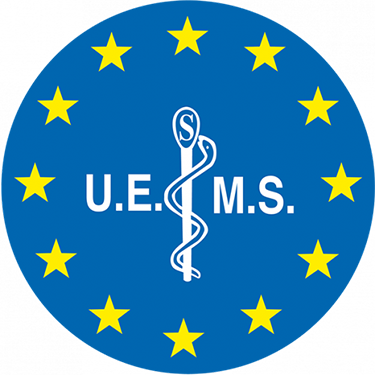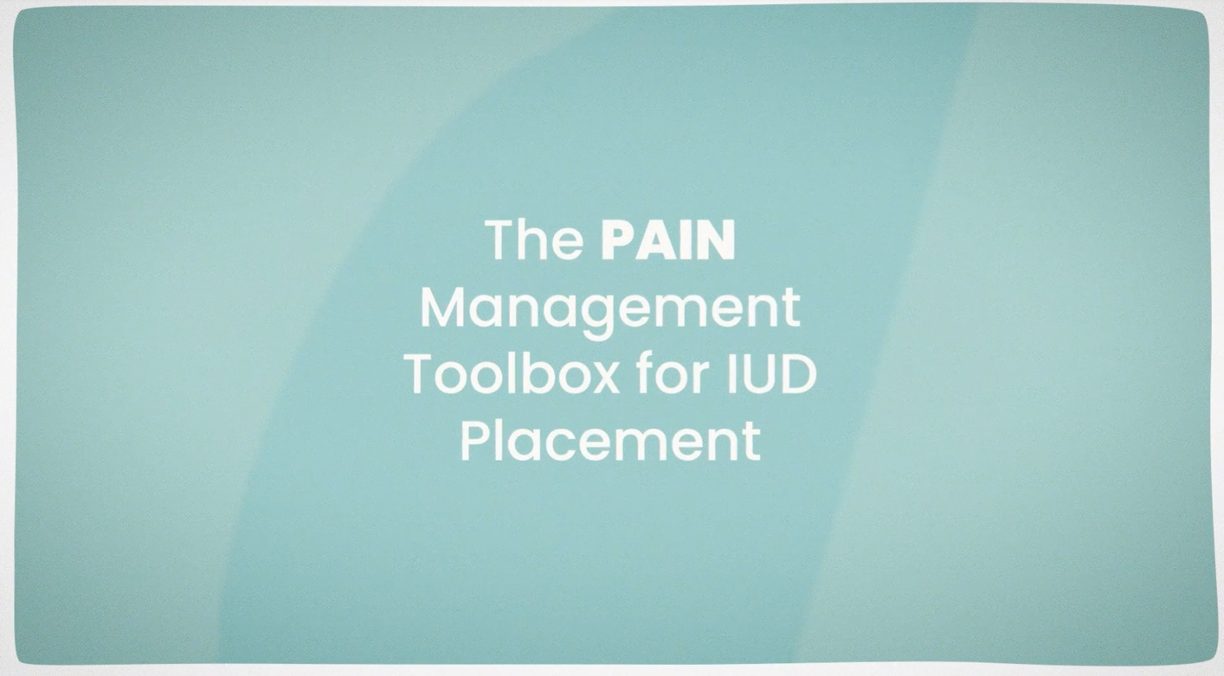Preterm neonates are vulnerable to changes in blood gases. This e learning focuses on transcutaneous monitoring (TCM) and blood gases in the NICU and PICU and demonstrates how TCM is is a valuable part of a personalised patient monitoring approach.
Available in 6 languages – English, French, German, Spanish, Japanese and Chinese.
This multi-media and interactive medical education online e learning will take neonatal and pediatric specialists, nurses and respiratory therapists on a journey within the intensive care setting, demonstrating:
- How TCM fits in the wider picture of blood gas monitoring
- The added value of TCM parameters
- Indications for TCM as well as its practical application
- How to interpret TCM results and act upon them
Developed by a group of international neonatologists and pediatricians, based upon their own vast experience of neonatal and pediatric care:
- Prof. Daniele de Luca, Associate Professor of Neonatology, France
- Prof. Olivier Danhaive, Professor of Pediatrics, USA
- Dr. Kaare E. Lundstrøm, Senior Consultant in Pediatrics, Denmark
- Prof. Anton van Kaam, Professor of Neonatology, The Netherlands.
Downloadable slides available for your own purposes here or on Checkpoint, the COR2ED e-learning platform. Follow the link above to access this accredited e-learning on Blood Gases and Transcutaneous Monitoring in the NICU and PICU.







 Downloadable
Downloadable  4 MIN
4 MIN
 Feb 2023
Feb 2023 
